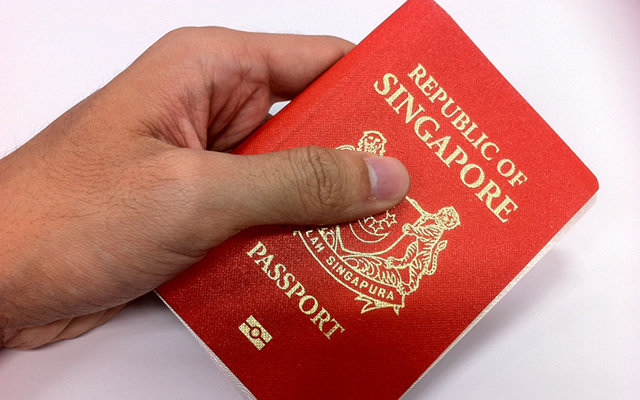Singapore is a high in demand destination for relocators. Well known for its comfortable lifestyle, very low crime rate, easy living and a government, which takes care of its residents. Singapore, probably, has the lowest Singaporean Citizenship (SC) abandoning rate of under 0.1 per cent.
According to the statistics available, an average of 1,200 Singaporeans had abandoned their Singaporean Citizenship (SC) each year from 2005 to 2015.
Their reasons of abandoning citizenship include getting married to a foreigner or joining their families who are living elsewhere, career and so on.
In a written reply to the question Deputy Prime Minister and Coordinating Minister for National Security, Teo Chee Hean, said, “The annual SC abandoning rate remains low at under 0.1 per cent. The question was asked by Non-Constituency Member of Parliament, Leon Perera to Prime Minister Lee Hsien Loong.
Teo had answered on behalf of PM Lee, “Our focus is to ensure that Singapore continues to be the best home for all Singaporeans. We will continue to develop an attractive living environment and a thriving economy, which creates good jobs and opportunities for Singaporeans. We also want to strengthen Singaporeans' bonds with each other, and build a strong sense of identity and belonging to the nation.
He further added, “The most frequent reasons given for Singaporeans renouncing their citizenship include family-related reasons – such as marriage to a foreigner or to join their family members overseas, preference for a different lifestyle or environment, or career or business-related reasons.
"We actively engage our Singaporeans who are studying or working overseas. Through efforts such as the Overseas Singaporean Unit's programmes and initiatives, Singapore Day in selected cities overseas being one example, we seek to ensure that our overseas Singaporeans maintain a strong identity and remain connected and committed to Singapore's future even while they are overseas," informed Teo.
Read more Singapore News and Singapore Government News here




